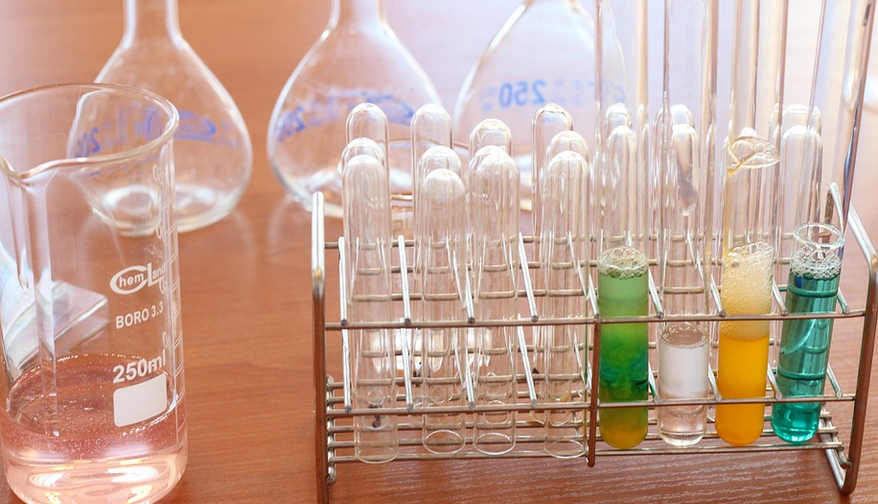The Importance of Understanding Potassium Conversion
Potassium is an essential nutrient that is involved in many vital bodily functions, including muscle contraction, nerve function, and fluid balance. As such, it is important to ensure that you are getting enough potassium in your diet. However, potassium levels are typically measured in two different units – milligrams (mg) and millimoles (mmol) – which can cause confusion. In this article, we will explore how to convert mg to mmol potassium to help you better understand your potassium intake.
Understanding mg and mmol
Before we dive into the conversion process, it is important to understand what mg and mmol are. Milligrams (mg) is a unit of measurement used to measure the weight or mass of a substance. Millimoles (mmol), on the other hand, is a unit of measurement used to measure the number of particles (in this case, potassium ions) in a substance.
Converting mg to mmol Potassium
To convert mg to mmol potassium, you will need to know the molecular weight of potassium. The molecular weight of potassium is 39.1 g/mol. To convert mg of potassium to mmol, divide the amount of potassium in mg by the molecular weight of potassium (39.1 g/mol). For example, let’s say you have 500 mg of potassium. To convert this to mmol, you would divide 500 by 39.1, which gives you 12.78 mmol of potassium.
Using Conversion Charts
If you don’t want to do the math yourself, you can use a conversion chart to convert mg to mmol potassium. These charts typically list common amounts of potassium in mg and their corresponding values in mmol. Simply find the amount of potassium you have in mg, and the chart will tell you the equivalent value in mmol.
Why Convert mg to mmol Potassium?
You may be wondering why it is important to convert mg to mmol potassium. The answer lies in the fact that potassium levels are typically measured in mmol. If you receive a lab report that lists your potassium levels in mg, you will need to convert the values to mmol to better understand your results.
Factors That Affect Potassium Conversion
It is important to note that the conversion factor for mg to mmol potassium may vary depending on the substance being measured. For example, the conversion factor for potassium chloride is different from the conversion factor for potassium bicarbonate. As such, it is important to use the correct conversion factor for the specific substance you are measuring.
Conclusion
In conclusion, understanding how to convert mg to mmol potassium is an important skill for anyone who wants to better understand their potassium intake. By following the steps outlined in this article, you can easily convert mg of potassium to mmol and interpret your lab results with ease. Remember to use the correct conversion factor for the specific substance you are measuring to ensure accurate results.

